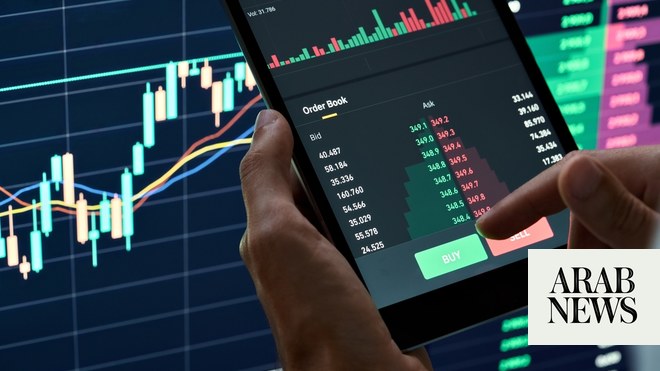
* MSCI AxJ index up 0.7%; dollar gains on risky currencies
* Biden plans broad spending programme, big U.S. jobs number eyed
* U.S. bond yields turn steady in calmer trade
SINGAPORE, April 1 (Reuters) - Stocks crept higher on Thursday following their weakest quarter in a year and vaunted U.S. economic strength supported the dollar, as investors parsed details of a $2 trillion government spending plan and hoped for strong jobs data later in the week.
MSCI’s broadest index of Asia-Pacific shares outside Japan recouped Wednesday losses with a 0.7% gain. The greenback hit a three-month high against the Aussie and was near milestone peaks on the euro and the Japanese yen.
Japan’s Nikkei rose 0.8% as a survey showed big manufacturer sentiment bouncing back to pre-pandemic levels.
Equity futures for Europe, London and the S&P 500 held steady just above flat into the final trading day of the week before Good Friday.
On the heels of a $1.9 trillion pandemic relief package, President Joe Biden outlined a broad plan to re-make the world’s biggest economy including spending on roads, railways, broadband, clean energy and semiconductor manufacture.
Benchmark ten-year U.S. Treasuries, which had sold in New York on early details of the plan and had suffered their biggest selloff in a dozen years last quarter, steadied on Thursday and pared yields a fraction to 1.7568%.
“We’ll probably see more spending power from the stimulus than drag from the (accompanying) taxes,” said Jun Bei Liu, portfolio manager at Tribeca Investment Partners in Sydney.
“And if anything the higher taxes probably limit future inflationary pressure, and in a strange way might even help bond yields to stabilise where they are,” she said.
It is not clear if the plan could clear Congress, since it has had an icy reception from Republicans, however, the breadth of the proposed spending did help draw investors back to technology shares on Wednesday, and the Nasdaq rose 1.5%.
SHIFTING SENTIMENT
U.S. markets had closed out the quarter with gains - the S&P 500 rose 5.8% and the Dow Jones 7.8% over the three months - however the 4.1% quarterly rise in world stocks was the slowest since the recovery from last March’s meltdown had begun.
This has come with growing concern about hiccups in the vaccine rollout and a fresh wave of coronavirus infections, particularly in Europe where on Wednesday France ordered a third national lockdown.
The euro has been punished as the pandemic turns resurgent on the continent, and was clinging on at $1.1717 in Asia while investors awaited Friday’s U.S. labour market data to assess the growing gap in recoveries astride the Atlantic Ocean.
The consensus forecast for job creation last month is just under 650,000 but Chris Weston, head of research at brokerage Pepperstone in Melbourne, said recent paring of U.S. dollar shorts shows investors are positioned for an even bigger figure.
Risk-sensitive currencies reflected that on Thursday, although the looming Easter long weekend thinned trade. The Australian dollar fell 0.7% to $0.7535, its lowest since December, and the yuan and kiwi dollar also slipped.
Australia’s fastest home-price gains in more than three decades last month also point to some of the side effects of ultra-easy monetary policy, possibly putting pressure on central banks to curtail support sooner than they had planned.
Other signs of fragility in sentiment included the flop listing of food delivery company Deliveroo, which fell by nearly a third on its London debut, and nerves following the fire sale of Archegos Capital’s portfolio in the United States.
Commodities stayed in a cautious mode, and crude oil nursed overnight losses with Brent futures steady at $63.13 a barrel and U.S. crude up slightly to $59.59.
Gold, which pays no income, hung on to an overnight bounce to trade at $1,714 an ounce. Even so, it suffered its worst quarter since late 2016 owing to the rise in U.S. yields.












